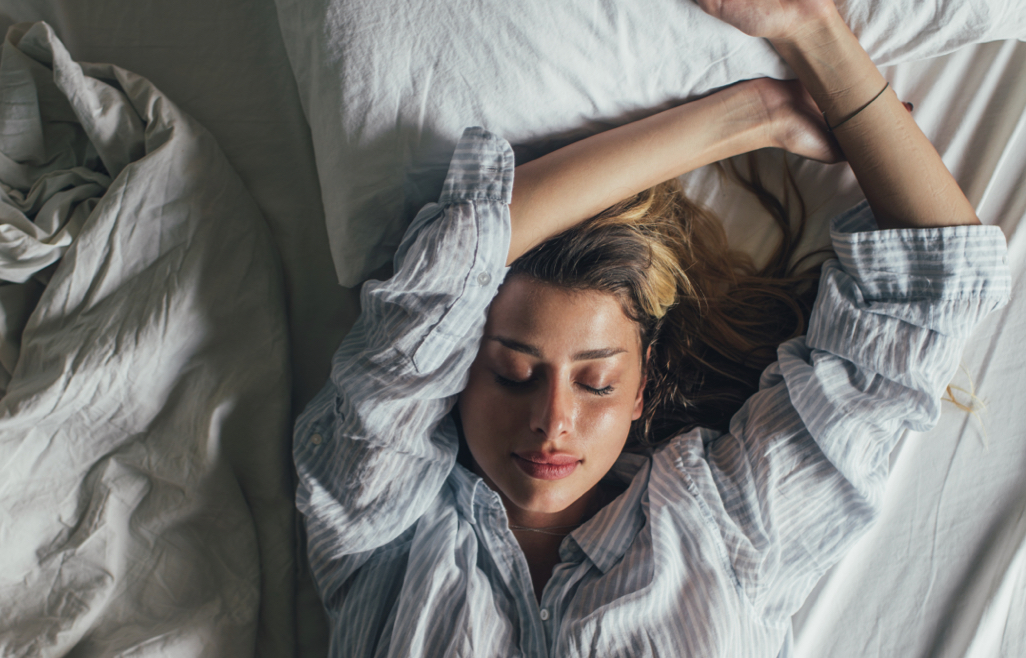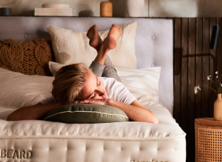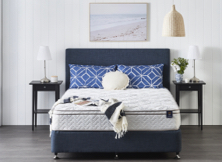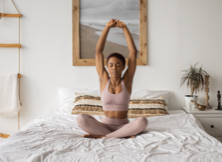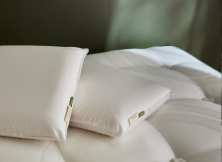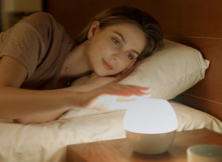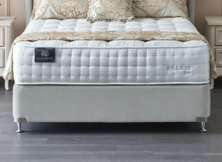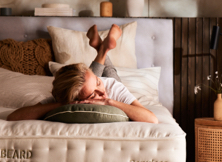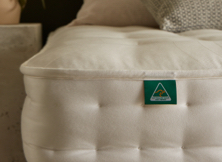We’ve all had those nights when you’re lying in bed awake worrying about a specific issue, or even nothing in particular that you can pinpoint. Sleepless nights are normal in certain situations; before exams or interviews, when you’re jet-lagged or have been working hard and can’t quite switch off.
It’s when these nights start happening more frequently that it could be a sign of something else going on, whether it’s physical or mental.
One of the most common symptoms of anxiety is trouble falling or staying asleep. While that’s not to say that everyone with anxiety has sleeping problems, anxiety can exacerbate sleeping issues and vice versa.
The good news is that many treatments simultaneously help with both a lack of sleep and anxiety. Here are some tips for improving your sleep.
- Meditate
- Decrease your daily and weekly intake of alcohol and caffeine
- Set up your bedroom environment as a sleep haven. It should be quiet and kept at a cool temperature
- Keep a relaxing bedtime routine such as reading or listening to calming music
- Keep screens out of the bedroom! No work or paying bills
- Reduce the number of naps you’re having
- Avoid looking at the clock
- If after 20 minutes you’re still tossing and turning, get up and move to another room. Reading or quietly meditating will get you back into the mood for sleep.
- Play soft white noise if this helps you
- Write in a journal if your thoughts are keeping you awake
- Talk to your doctor if it becomes a continuous problem






